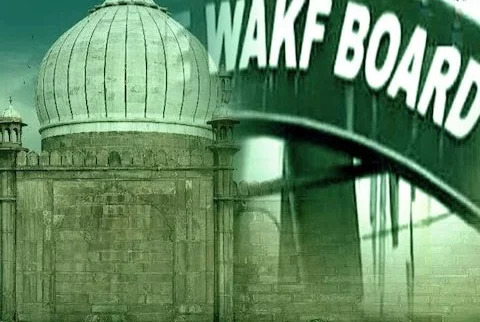Chennai: Several Islamic organisations and political parties in Tamil Nadu have announced a joint protest today against the Waqf (Amendment) Bill, 2024, introduced by the Union government. The protest, set to take place at Rajarathinam Stadium in Chennai, aims to oppose the proposed amendments, which have drawn widespread criticism from Muslim leaders and opposition parties, reported The Times of India.
Manithaneya Makkal Katchi (MMK) President, M.H. Jawahirullah, voiced strong objections to Union Home Minister Amit Shah’s statement, in which he suggested that the amendments would be passed during the Winter Session of Parliament. Jawahirullah, who is also an MLA, criticized the move as premature, noting that a Joint Parliamentary Committee (JPC) is still reviewing the Bill.
He argued that the JPC’s nationwide consultations, which are funded by taxpayer money, are being undermined by Shah’s remarks. “This entire exercise seems to be a waste of time and resources,” Jawahirullah said, accusing the government of pushing the Bill forward without proper consideration. He called the protest an urgent response, likening it to the farmer protests that took place in Delhi.
The Waqf (Amendment) Bill, 2024, seeks to rename the existing Waqf Act of 1995 to the Unified Waqf Management, Empowerment, Efficiency and Development Act, 1995. A 31-member Joint Parliamentary Committee, comprising 21 Lok Sabha members and 10 Rajya Sabha members, was formed to evaluate the proposed changes. Opposition parties, including the Congress, DMK, NCP, Trinamool Congress, and AIMIM, have voiced strong opposition, arguing that the Bill undermines federalism and constitutional principles.
Key figures expected to participate in the protest include All India Muslim Personal Law Board President Khalid Saifullah Rahmani, DMK MP K. Kanimozhi, Congress MP Sasikanth Senthil, VCK President Thol. Thirumavalavan, and several other prominent leaders from various political parties.
The protest aims to draw attention to what Muslim leaders see as an attack on the autonomy of Waqf properties and a broader disregard for minority rights in the country.




